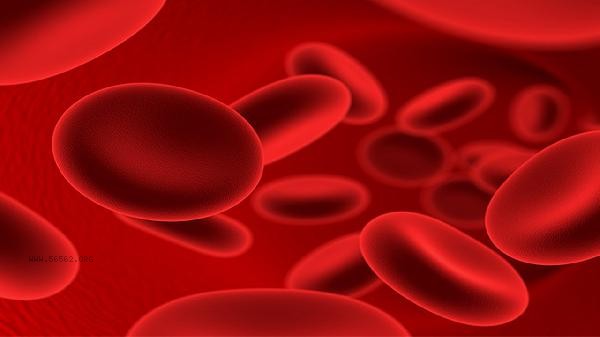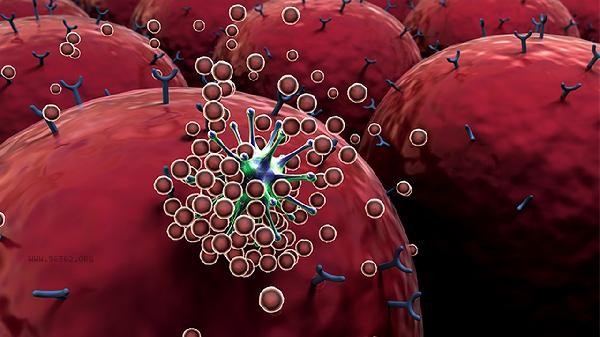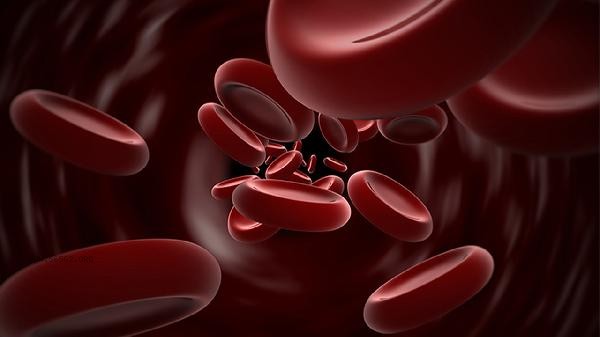Low red blood cell count may be caused by nutritional deficiency, chronic blood loss, bone marrow suppression, hemolytic anemia, kidney disease, and other reasons.
1. Nutritional deficiency:
Insufficient intake of iron, vitamin B12, or folate can lead to reduced red blood cell production. Long term vegetarians and people with digestive and absorption disorders are prone to such problems, manifested as fatigue and pale complexion. Nutrients can be supplemented through animal liver, dark green vegetables, and other foods. If necessary, iron supplements or vitamin preparations can be taken under the guidance of a doctor.

2. Chronic blood loss:
Recurrent bleeding from digestive ulcers, hemorrhoids, or excessive menstruation in women can cause sustained loss of iron. This type of blood loss is often concealed and slow, with hemoglobin levels typically below 110g/L. It is necessary to clarify the source of bleeding through gastroscopy and gynecological examination, and to cooperate with iron supplementation treatment.
3. Bone marrow suppression:
Exposure to radiation, chemotherapy drugs, or benzene based chemicals can inhibit bone marrow hematopoietic function. In addition to a decrease in red blood cells, patients often have a decrease in white blood cells and platelets. Bone marrow puncture examination can confirm the diagnosis, but it is necessary to avoid contact with pathogenic factors and use hematopoietic promoting drugs. 4. Hemolytic anemia: Diseases such as hereditary spherocytosis and thalassemia can accelerate the destruction of red blood cells. Typical manifestations include jaundice, splenomegaly, and laboratory examination showing an increase in reticulocytes. Mild patients need to supplement folic acid, while severe cases may require splenectomy surgery.

5. Kidney disease:
Chronic renal insufficiency results in reduced secretion of erythropoietin, leading to renal anemia. The blood creatinine level usually exceeds 176 μ mol/L, accompanied by symptoms such as increased nocturia. It is necessary to control the primary disease and use recombinant human erythropoietin injection to improve anemia.
It is recommended that patients with low red blood cell counts maintain a balanced diet and increase their intake of foods rich in hematopoietic materials such as lean meat, egg yolks, spinach, etc. in moderation. Avoid exacerbating hypoxia symptoms through intense exercise and regularly monitor changes in blood routine indicators. If there is no improvement for a long time or accompanied by fever or bleeding tendency, it is necessary to seek timely medical attention from a hematology department to rule out the possibility of serious diseases such as leukemia. Pay attention to the balance between work and rest in daily life, and chronic disease patients should strictly follow medical advice to control underlying diseases through medication.










Comments (0)
Leave a Comment
No comments yet
Be the first to share your thoughts!